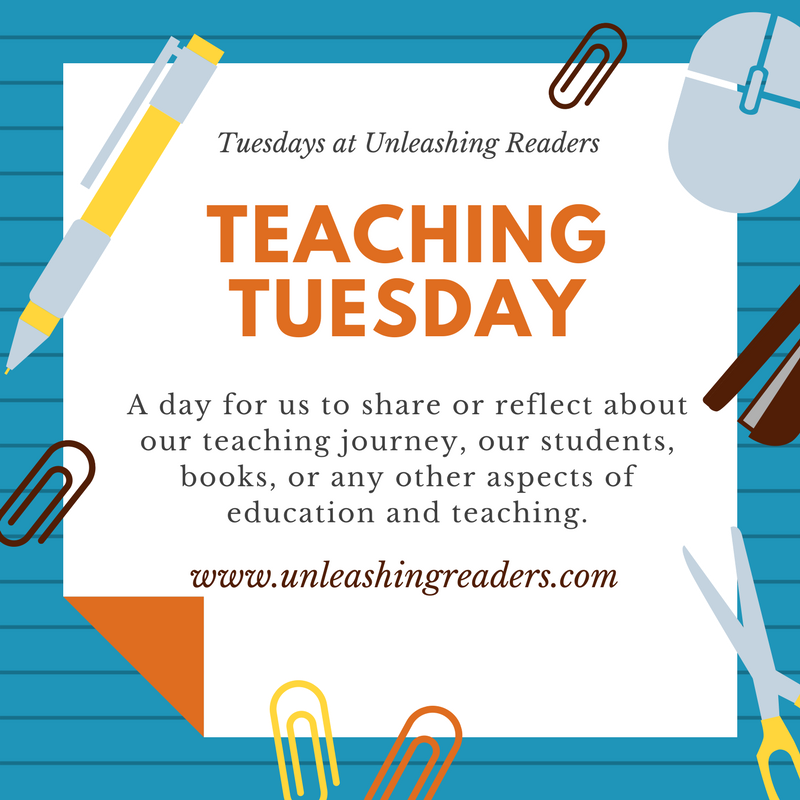Teaching is hard. I don’t pretend that I am an expert. I operate under Tom Newkirk’s idea that each year, we should change at least 5% of our teaching, and after several years, these changes are exponential. I am always trying to do better and be better. In the section below, I share a few of the things that I learned as a beginning teacher. However, I want to emphasize that I am always learning and growing.
*Let me start by saying that I learned many of the items below in my teacher preparation program. Many of them didn’t quite sink in until I had been teaching for at least a few months.*
1. Initiation and Closure are very important.
Getting students into the mood of your class is important to frame their thinking. Further, I learned quickly that closing class quickly with the homework assignment isn’t enough. Students will leave class unsure of what they learned. I dedicate at least five minutes (ten to fifteen, if possible) to frame and close class and ask students, “So What?” I try to make this as student-centered as possible.
2. Learning Targets (or Objectives) are critical. Posting them is helpful.
I try to start and end each class by asking a student to read the learning targets posted on the board aloud. This allows me to talk about the day’s objective and how we will meet (or how we met) it.
3. Every Learning Target (or Objective) should have a matching assessment.
Even if it means walking around and informally checking in with students, I learned that it is important to measure whether the students met the learning target by providing an (SMALL) assessment each day. Often, this came in the form of an exit slip or an artifact that emerged from classwork.
4. Differentiation is Easier than We Imagine It To Be
Differentiation seems scary. I imagined this dark day where I was creating 5 forms of every test and assignment. But differentiation is really about student-centeredness. It’s allowing students choice in process and product, it’s allowing students to choose texts that match their learning needs and interests, it’s grouping students purposefully, it’s creating a classroom environment that supports individualized learning.
5. When We Need To Get Students’ Attention, Talking Louder Is Not the Answer
I respect students’ voices. If a student is talking, I ask students to stop talking and listen. The same goes for me. If I am giving directions, it is important to wait until everyone is focused. Everyone should respect those who are speaking (and hopefully, this isn’t me, most of the time!).
6. Write Everything on the Board
Directions, homework, etc. Working with a co-teacher, I learned that if I am saying it out loud, it helps students to have it written on the board, too. This is particularly helpful for students with special needs and for students who are emergent bilinguals.
7. Ask for Help
I always tell students, “If you feel it, steal it. (And cite it.)” Teaching is about sharing, so we learn and grow together. Ask colleagues for ideas and search the internet. Adapt ideas to become your own.
8. Take Home a Few Papers at a Time
If you take them all, they will likely remain in your teacher bag. Taking home small chunks makes grading feel less overwhelming.
9. Stagger Your Assignments
Don’t assign the same due date for all of the essays and projects for all of your classes.
10. Ask for Student Feedback
And be open-minded to their criticism. This is how I grow.
11. Find Your Personal Learning Community Online and Find the Positive Energy within Your School
Find your people. Feed off of each other’s positive energy. Ignore the negativity within your school.
12. Keep a Drawer of Happy Things
If a lesson doesn’t go well, open the drawer and eat the chocolate and read the thank you notes from students.
13. Be Flexible
As much as I may have loved my pre-planned lesson plan, I often have to adapt it to fit students’ needs. I learned that it was important to pay close attention to them and adapt the lesson as it occurred.
14. Student-Centered Learning
While I might want to do a unit on a theme, my students might not be interested. As I learn from them, I try to shape unit themes and topics to meet their interests.
15. Learn About Students
I start the year by asking students about themselves, and I ask them to share dialogic journals to stay connected with them and show them how much I value their voices and learning needs. In my calendar, I make notes about their sports games or activities, so I am reminded to ask them how it went. I care deeply about my students, and I try to remind them of this through my attention to their lives.
What have you learned that you wish you knew as a beginning teacher?


1 thought on “Teaching Tuesday: Things I Wish I’d Known as a Beginning Teacher”